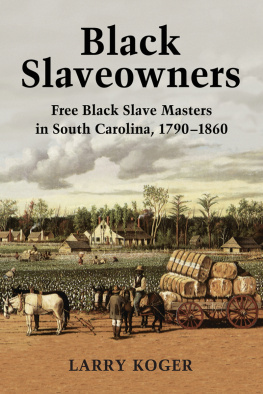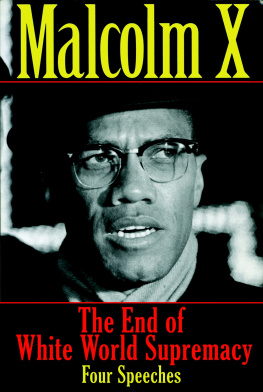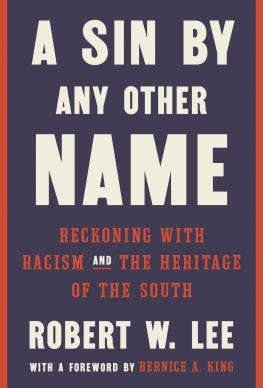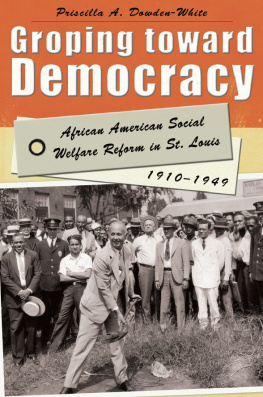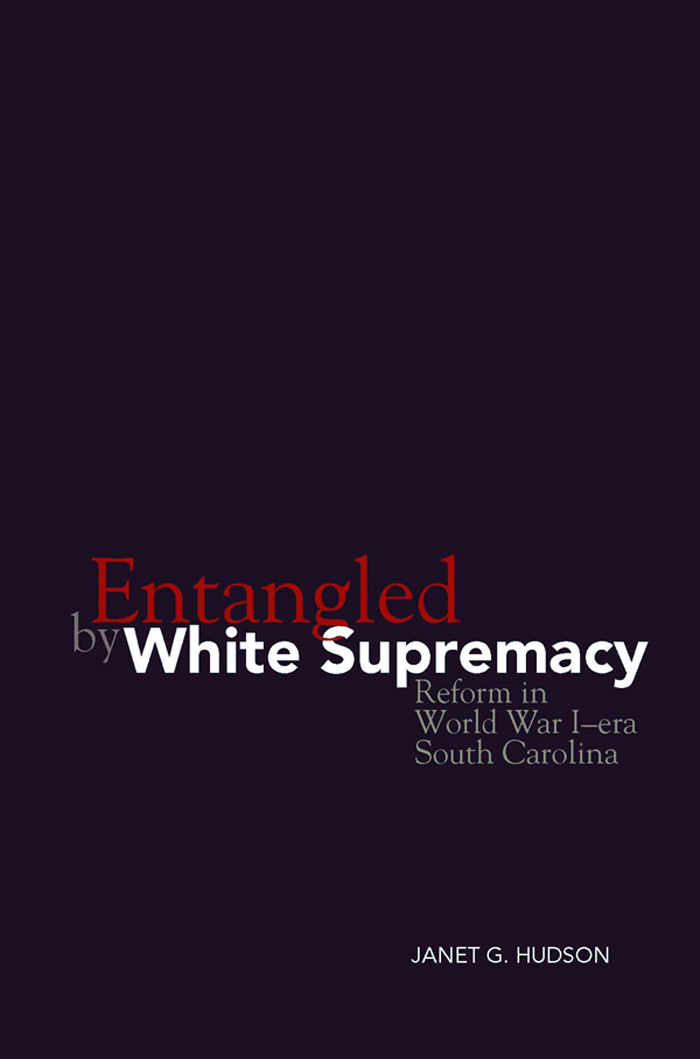Janet G. Hudson - Entangled by White Supremacy: Reform in World War I-Era South Carolina
Here you can read online Janet G. Hudson - Entangled by White Supremacy: Reform in World War I-Era South Carolina full text of the book (entire story) in english for free. Download pdf and epub, get meaning, cover and reviews about this ebook. year: 2009, publisher: The University Press of Kentucky, genre: Politics. Description of the work, (preface) as well as reviews are available. Best literature library LitArk.com created for fans of good reading and offers a wide selection of genres:
Romance novel
Science fiction
Adventure
Detective
Science
History
Home and family
Prose
Art
Politics
Computer
Non-fiction
Religion
Business
Children
Humor
Choose a favorite category and find really read worthwhile books. Enjoy immersion in the world of imagination, feel the emotions of the characters or learn something new for yourself, make an fascinating discovery.

- Book:Entangled by White Supremacy: Reform in World War I-Era South Carolina
- Author:
- Publisher:The University Press of Kentucky
- Genre:
- Year:2009
- Rating:3 / 5
- Favourites:Add to favourites
- Your mark:
Entangled by White Supremacy: Reform in World War I-Era South Carolina: summary, description and annotation
We offer to read an annotation, description, summary or preface (depends on what the author of the book "Entangled by White Supremacy: Reform in World War I-Era South Carolina" wrote himself). If you haven't found the necessary information about the book — write in the comments, we will try to find it.
Despite its significance in world and American history, the World War I era is seldom identified as a turning point in southern history, as it failed to trigger substantial economic, political, or social change in the South. Yet in 1917, black and white reformers in South Carolina saw their world on the brink of momentous change. In a state politically controlled by a white minority, the war era incited oppositional movements. As South Carolinas economy benefited from the war, white reformers sought to use their newfound prosperity to better the states education system and economy and to provide white citizens with a better standard of living. Black reformers, however, channeled the feelings of hope instilled by a war that would make the world safe for democracy into efforts that challenged the structures of the status quo. In Entangled by White Supremacy: Reform in World War Iera South Carolina, historian Janet G. Hudson examines the complex racial and social dynamics at play during this pivotal period of U.S. history. With critical study of the early war mobilization efforts, public policy debates, and the states political culture, Hudson illustrates how the politics of white supremacy hindered the reform efforts of both white and black activists. The World War I period was a complicated time in South Carolina an era of prosperity and hope as well as fear and anxiety. As African Americans sought to change the social order, white reformers confronted the realization that their newfound economic opportunities could also erode their control. Hudson details how white supremacy formed an impenetrable barrier to progress in the region. Entangled by White Supremacy explains why white southerners failed to construct a progressive society by revealing the incompatibility of white reformers twin goals of maintaining white supremacy and achieving progressive reform. In addition, Hudson offers insight into the social history of South Carolina and the development of the states crucial role in the civil rights era to come.
Janet G. Hudson: author's other books
Who wrote Entangled by White Supremacy: Reform in World War I-Era South Carolina? Find out the surname, the name of the author of the book and a list of all author's works by series.

